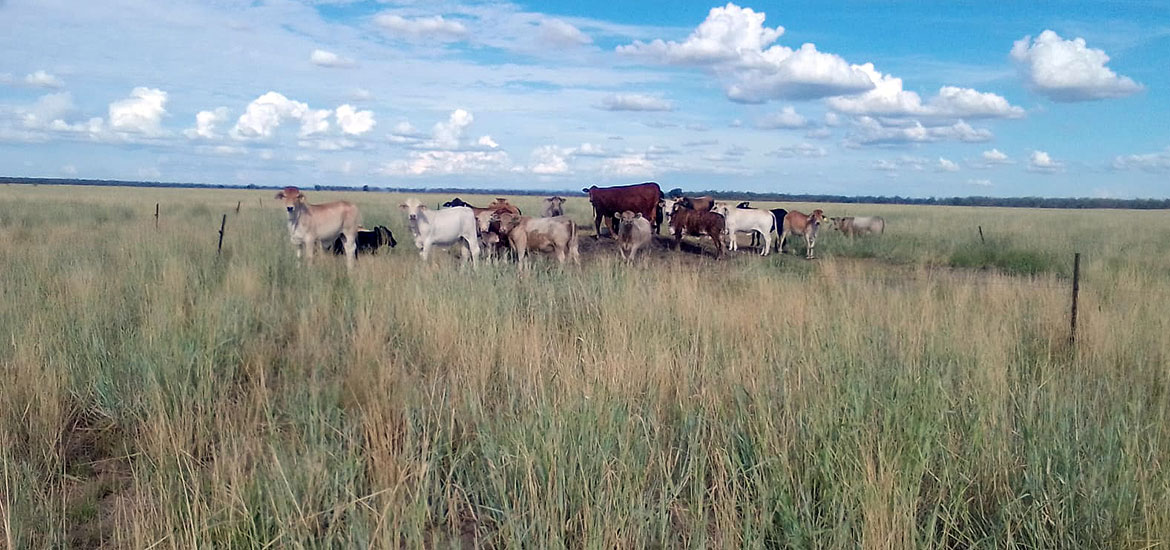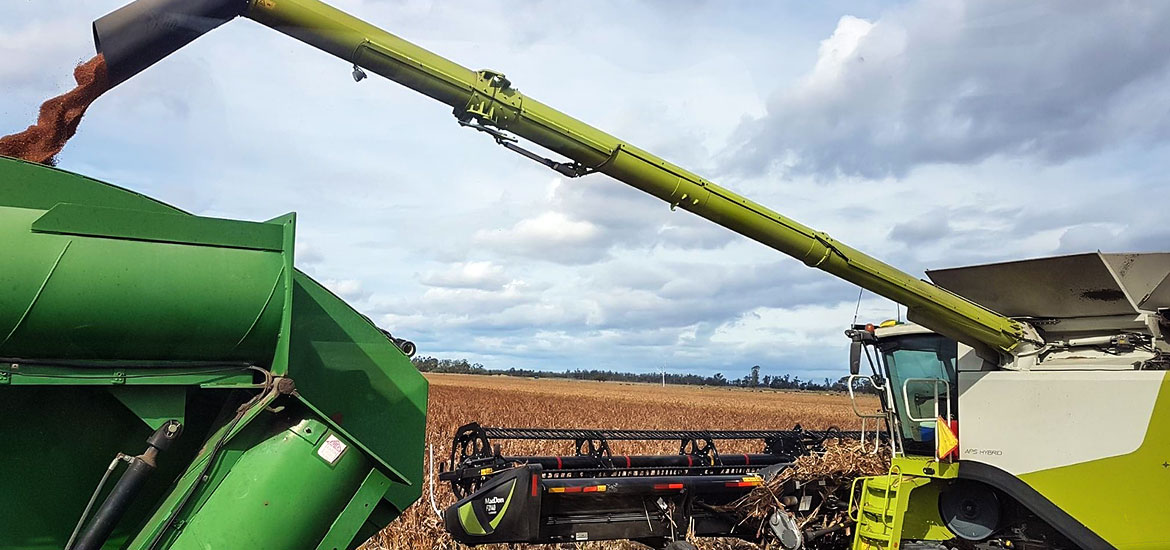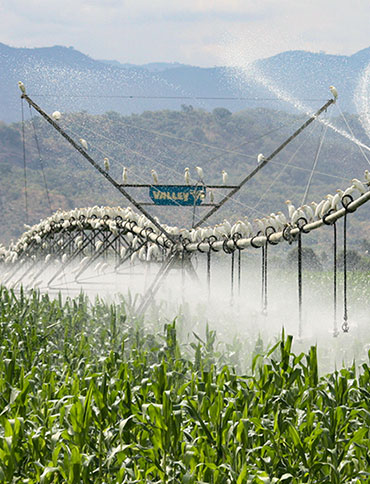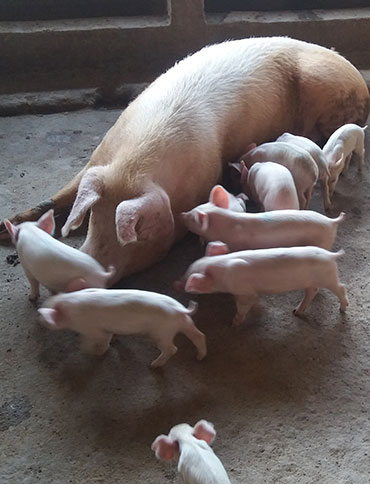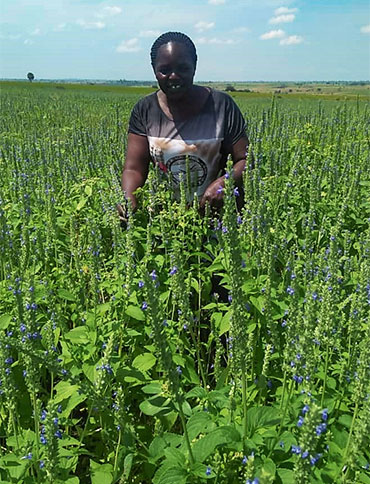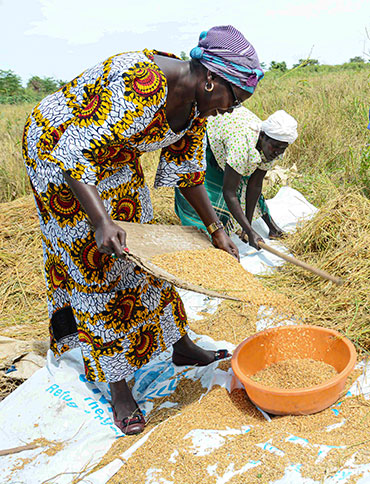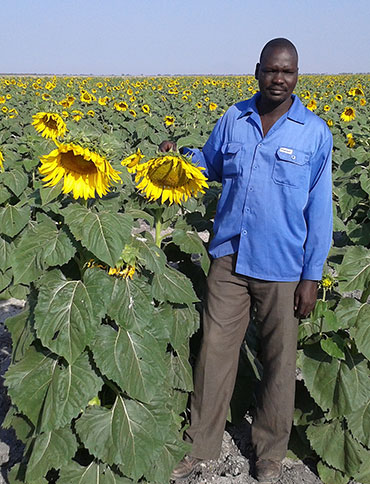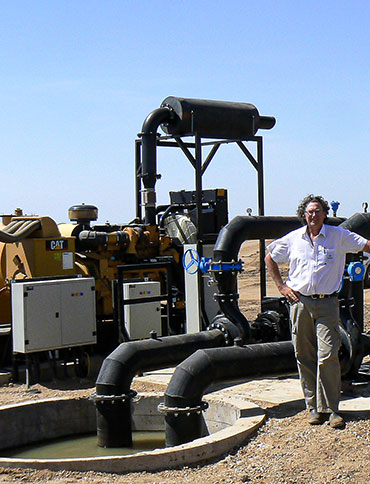Dates: Nov 1995 – Sept 2002
Location: Australia, Darling Downs
Land Area: 1,600 ha (3,950 ac)
Köppen Climate: Cfa (humid sub-tropical)
Client Type: family farm
Service: management of rainfed & irrigated agriculture
Production: hard wheat, soft wheat, barley, cotton, maize, grain sorghum, chickpeas, mungbeans, soybeans, beef cattle
Crop Water Source: rainfed (600 mm p.a.) & irrigation
Useful Information: owner-manager of diverse cropping & beef cattle farm

